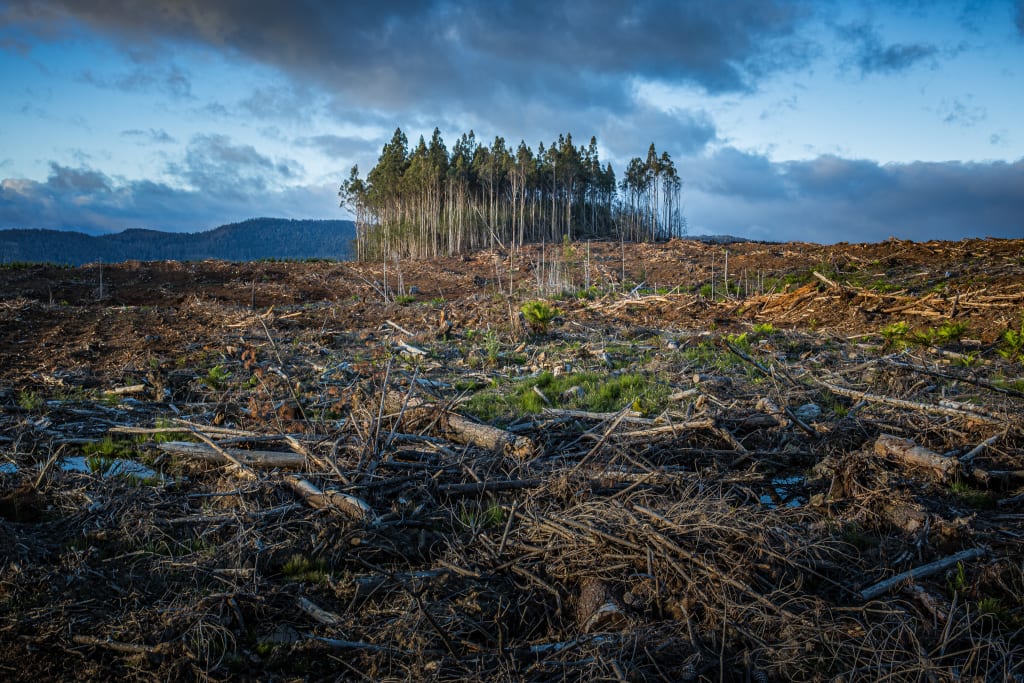
Climate change is a complex and multifaceted environmental issue that has emerged as one of the most significant global challenges of the 21st century. The phenomenon refers to a long-term shift in the earth's average atmospheric conditions, leading to alterations in the global climate system. The changes in climate are primarily caused by human activities, such as the burning of fossil fuels, deforestation, and industrialization. The consequences of climate change are widespread and significant, affecting ecosystems, economies, and human societies in many ways.
One of the primary drivers of climate change is the increase in greenhouse gas (GHG) emissions. These gases trap heat in the atmosphere, leading to a rise in global temperatures. The concentration of CO2 in the atmosphere has increased by more than 40% since the Industrial Revolution, primarily due to the burning of fossil fuels like coal, oil, and gas. Other significant contributors to GHG emissions include deforestation, agriculture, and industrial processes.
The impacts of climate change are visible in many ways, including rising sea levels, extreme weather events like hurricanes, droughts, and floods, melting ice caps and glaciers, and shifts in global weather patterns. These changes are having profound effects on ecosystems, including the extinction of species, reduced biodiversity, and alterations in the timing and distribution of seasonal events like flowering and migration.
Climate change also poses significant threats to human societies, including increased risk of drought, flooding, and extreme weather events like heat waves and hurricanes. These events can lead to food and water shortages, displacement of populations, and economic disruption. Poorer countries and communities are likely to be disproportionately affected by these impacts, as they often lack the resources and infrastructure needed to adapt to the changing climate.
To address climate change, a range of policy and technological solutions are being pursued. One of the most significant solutions is to reduce greenhouse gas emissions through renewable energy, energy efficiency, and carbon pricing mechanisms. Renewable energy sources, such as wind and solar power, emit no greenhouse gases during operation and can reduce dependence on fossil fuels. Energy efficiency measures can also help to reduce emissions by reducing energy consumption. Carbon pricing mechanisms, such as carbon taxes or cap-and-trade programs, can provide an economic incentive to reduce emissions.
Another critical strategy for addressing climate change is to invest in adaptation measures. These measures aim to help societies and ecosystems adapt to the changing climate, reducing the impacts of climate change on vulnerable populations. Adaptation measures can include building sea walls and other infrastructure to protect against sea-level rise and flooding, improving water management to address drought and water scarcity, and investing in early warning systems for extreme weather events.
In conclusion, climate change is a complex and multifaceted environmental issue that requires urgent action. It is caused by human activities, primarily the burning of fossil fuels, deforestation, and industrialization. The impacts of climate change are widespread and significant, affecting ecosystems, economies, and human societies in many ways. To address the issue, a range of policy and technological solutions are being pursued, including reducing greenhouse gas emissions and investing in adaptation measures. It is essential to act now to address climate change and minimize its impact on human societies and the natural world.
In addition to the policy and technological solutions, individual actions are also essential in addressing climate change. Simple lifestyle changes, such as reducing energy consumption, minimizing waste, and using public transportation, can have a significant impact on reducing GHG emissions. Education and awareness campaigns can also help individuals to understand the impact of their actions on the environment and motivate them to take action.
Furthermore, international cooperation and agreements are crucial in addressing climate change. The United Nations Framework Convention on Climate Change (UNFCCC) is an international treaty that aims to address climate change by reducing greenhouse gas emissions and helping countries adapt to the changing climate. The Paris Agreement, adopted in 2015, is a legally binding agreement under the UNFCCC that aims to limit global warming to well below 2 degrees Celsius above pre-industrial levels and pursue efforts to limit the temperature increase to 1.5 degrees Celsius.
However, despite international efforts to address climate change, progress has been slow, and the impact of climate change is becoming increasingly severe. Some experts believe that current policies and measures may not be sufficient to limit global warming to the Paris Agreement's target levels. As such, there is a need for more ambitious and immediate action to reduce greenhouse gas emissions and adapt to the changing climate.
In conclusion, climate change is a significant and urgent environmental issue that requires action at all levels, from individual actions to international cooperation. The phenomenon is caused by human activities, primarily the burning of fossil fuels, deforestation, and industrialization. The impacts of climate change are significant, affecting ecosystems, economies, and human societies in many ways. To address the issue, a range of policy and technological solutions are being pursued, alongside individual actions, education and awareness campaigns, and international cooperation. More ambitious and immediate action is required to reduce greenhouse gas emissions and adapt to the changing climate.
Open
Human Activities and Global Warming
Global warming is primarily caused by the buildup of greenhouse gases, such as carbon dioxide, in the atmosphere. These gases trap heat from the sun and cause the Earth's temperature to rise. Human activities that contribute to global warming include:
Burning fossil fuels: The combustion of fossil fuels (coal, oil, and gas) for energy releases carbon dioxide into the atmosphere, contributing to the greenhouse effect.
Deforestation: Trees absorb carbon dioxide and other greenhouse gases from the atmosphere. When they are cut down or burned, the carbon stored in them is released into the atmosphere.
Agriculture: Livestock farming produces methane, a potent greenhouse gas. Additionally, the use of fertilizers in agriculture releases nitrous oxide, another potent greenhouse gas.
Transportation: Cars, trucks, and airplanes emit carbon dioxide and other greenhouse gases into the atmosphere.
Industrial processes: Manufacturing, mining, and other industrial processes also contribute to global warming by releasing greenhouse gases into the atmosphere.
Landfills: When organic matter decomposes in landfills, it produces methane, a potent greenhouse gas.
Energy use in buildings: Heating and cooling buildings, lighting, and using electronic devices all contribute to greenhouse gas emissions.
Overall, human activities that release greenhouse gases into the atmosphere are the primary cause of global warming. Reducing these emissions through changes in energy use, transportation, land use, and other areas is critical to mitigating the effects of global warming.
About the Creator
Enjoyed the story? Support the Creator.
Subscribe for free to receive all their stories in your feed. You could also pledge your support or give them a one-off tip, letting them know you appreciate their work.





Comments
There are no comments for this story
Be the first to respond and start the conversation.